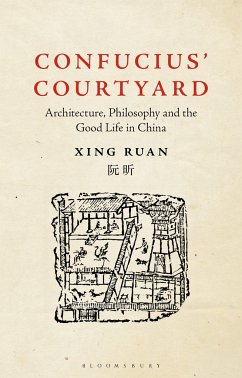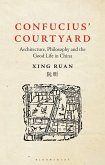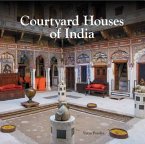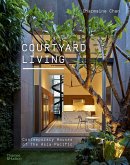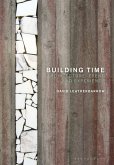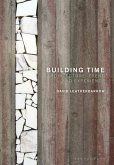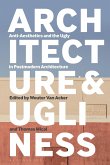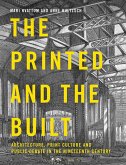For more than three thousand years, Chinese life - from the city and the imperial palace, to the temple, the market and the family home - was configured around the courtyard. So too were the accomplishments of China's artistic, philosophical and institutional classes. Confucius' Courtyard tells the story of how the courtyard - that most singular and persistent architectural form - holds the key to understanding, even today, much of Chinese society and culture. Part architectural history, and part introduction to the cultural and philosophical history of China, the book explores the Chinese view of the world, and reveals the extent to which this is inextricably intertwined with the ancient concept of the courtyard, a place and a way of life which, it appears, has been almost entirely overlooked in China since the middle of the 20th century, and in the West for centuries. Along the way, it provides an accessible introduction to the Confucian idea of zhongyong ('the Middle Way'), the Chinese moral universe and the virtuous good life in the absence of an awesome God, and shows how these can only be fully understood through the humble courtyard - a space which is grounded in the earth, yet open to the heavens. Erudite, elegant and illustrated throughout by the author's own architectural drawings and sketches, Confucius' Courtyard weaves together architecture, philosophy and cultural history to explore what lies at the very heart of Chinese civilization.
Bitte wählen Sie Ihr Anliegen aus.
Rechnungen
Retourenschein anfordern
Bestellstatus
Storno

